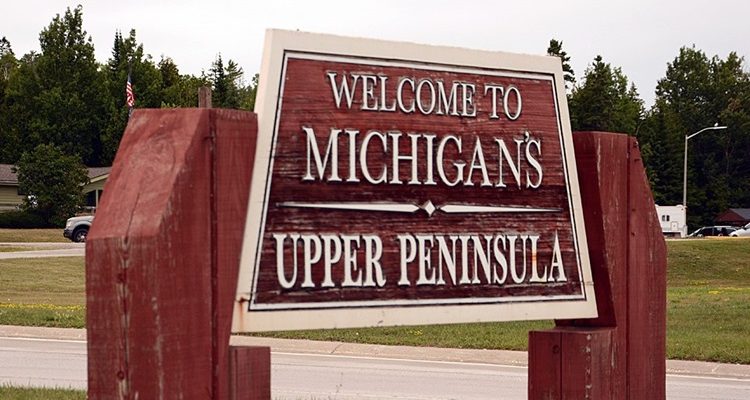Last week’s decision by the United States Department of the Interior not to take two parcels of land into trust for Michigan’s Sault Ste Marie Tribe of Chippewa Indians has been welcomed by a rival pair of casino-operating tribes.
Headquartered in the state’s Upper Peninsula, the federally-recognized Sault Ste Marie Tribe of Chippewa Indians had asked the federal government for land-into-trust grants on a pair of plots in southern Michigan. But, the requests were denied on Thursday due to the first parcel in the city of Lansing being some 287 miles away from the tribe’s northern base while the second site sits a further 78 miles distant near the Detroit suburb of Romulus.
In its praise for last week’s decisions, the Nottawaseppi Huron Band of the Potawatomi accused the Sault Ste Marie Tribe of Chippewa Indians of attempting to use the law in order to “shop for reservations throughout the state”. The federally-recognized tribe’s Chairperson, Jamie Stuck, also described his northern counterpart’s interpretation of the Michigan Indian Land Claims Settlement Act as a threat to “the current system of tribal gaming” and the “longstanding expectations of local municipalities of where tribal reservations may be located”.
“The [United States] Department of the Interior’s decision rejecting the Sault Ste Marie Tribe [of Chippewa Indians’] efforts to establish reservations for the purposes of building casinos more than 300 miles away from its homelands was the right one for Michigan citizens,” read a statement from Stuck. “For the past five years, the Sault Ste Marie Tribe [of Chippewa Indians] has been arguing that the Michigan Indian Land Claims Settlement Act mandated the federal agency to take any lands anywhere in the state into trust status for the tribe. Such an argument was not only a threat to the current system of tribal gaming in the state but also to the long-standing expectations of local municipalities of where tribal reservations may be located.”
The Nottawaseppi Huron Band of the Potawatomi operates the FireKeepers Casino Hotel near the city of Battle Creek, which is located about 49 miles away from its rival’s proposed Lansing site. It declared that it hoped the Sault Ste Marie Tribe of Chippewa Indians would now “focus on [its] homelands in the Upper Peninsula” and end efforts to “develop casinos in lower Michigan”.
“The [United States] Department of the Interior’s decision reaffirms what the drafters of the original legislation have been saying all along, that Congress never intended to allow any tribe to use the law to shop for reservations throughout the state or to acquire land for gaming purposes,” read the statement from Stuck.
Echoing these sentiments, the Saginaw Chippewa Indian Tribe proclaimed that last week’s decisions affirmed its own long-held belief that the Michigan Indian Land Claims Settlement Act did not permit the Sault Ste Marie Tribe of Chippewa Indians to “shop for lands anywhere in the state merely to build a casino”.
“We applaud the [United States] Department of the Interior for its well thought out decision that the Sault Ste Marie Tribe [of Chippewa Indians] cannot mandate the agency to take lands into trust for gaming purposes anywhere they want to in Michigan,” read a statement from Frank Cloutier, Chief for the Saginaw Chippewa Indian Tribe. “The parcels of land that the Sault Ste Marie Tribe [of Chippewa Indians] was trying to have taken into trust are located more than 300 miles from its current reservation in the Upper Peninsula.”
This federally-recognized tribe runs the Saganing Eagles Landing Casino in southern Arenac County as well as the larger Soaring Eagle Casino and Resort near the Isabella County city of Mount Pleasant and has been disputing its rival’s interpretation of the Michigan Indian Land Claims Settlement Act for over five years.
“The [United States] Department of the Interior’s decision affirms our long-standing position that the Michigan Indian Land Claims Settlement Act does not provide the Sault Ste Marie Tribe [of Chippewa Indians] with authority to shop for lands anywhere in the state merely to build a casino,” read the statement from Cloutier. “This decision is a win for tribes committed to the integrity of Indian gaming and for the citizens of Michigan who should not have to worry about casinos being dropped into the middle of their neighborhoods.”


